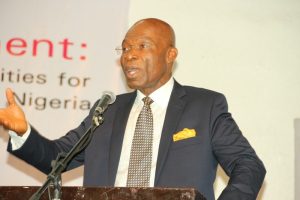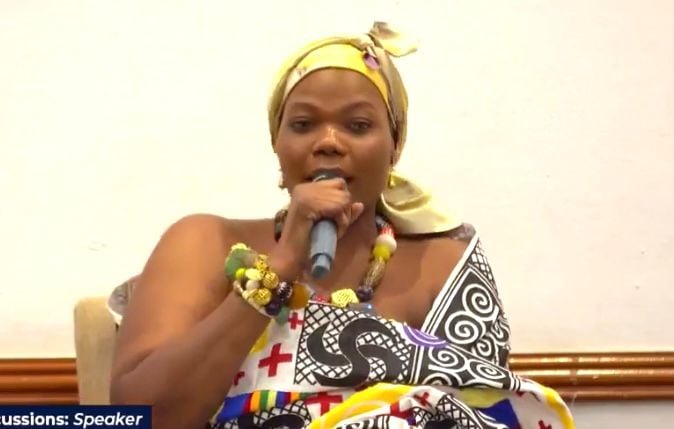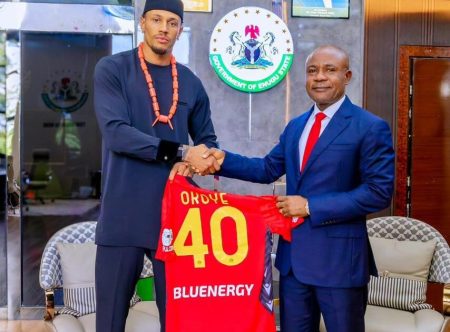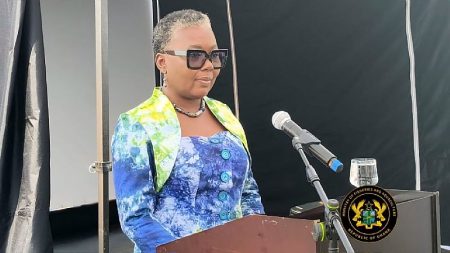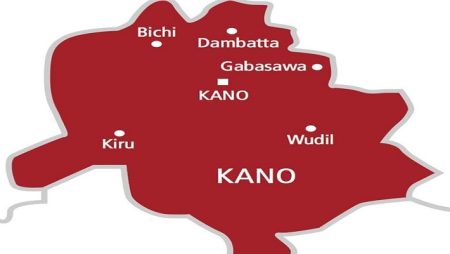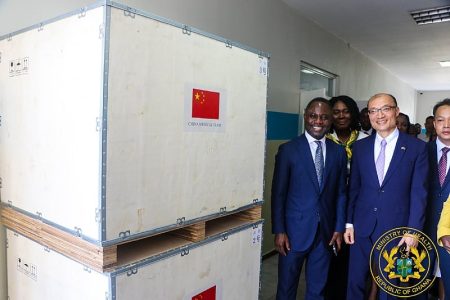The exclusion of queenmothers from Ghana’s traditional leadership structures, particularly the House of Chiefs, has become a pressing issue, highlighting the deep-seated gender inequality within the traditional system. Mama Bobi III, a magistrate court judge and queenmother of the Asogli State, has voiced her concerns about the lack of recognition and respect accorded to queenmothers, emphasizing their relegation to ceremonial roles and the denial of equal status. She laments the prevailing perception that queenmothers are merely decorative figures, rather than integral members of the leadership, a viewpoint that undermines their authority and influence within their communities. This marginalization extends to all levels of traditional governance, with no female representation in the National House of Chiefs, Regional Houses of Chiefs, or traditional councils, effectively silencing the voices of women in crucial decision-making processes.
The systemic disregard for queenmothers is further exemplified by the practice of overlooking paramount queenmothers in favor of divisional chiefs when a paramount chief is absent. This preferential treatment underscores the ingrained bias within the traditional system, which prioritizes male authority even when a female counterpart holds an equivalent, if not higher, position. The prevailing attitude reveals a deep-rooted resistance to recognizing women as equal partners in leadership, perpetuating a cycle of exclusion that hinders progress towards gender equality in Ghana. Mama Bobi III argues that achieving equal representation in Parliament and other national institutions will remain a distant goal unless these entrenched cultural attitudes and perceptions are fundamentally transformed.
The passage of the Affirmative Action (Gender Equity) Act in 2024 represents a significant step towards addressing gender imbalances in leadership positions across various sectors. The Act mandates a progressive increase in women’s representation, with targets of 30% by 2026 and 50% by 2034, aligning with the Sustainable Development Goal 5, which promotes gender equality and empowers all women and girls. However, the successful implementation of this Act requires a concerted effort to dismantle the deeply ingrained cultural biases that hinder women’s advancement in leadership roles, particularly within traditional governance structures.
The exclusion of queenmothers from the House of Chiefs and other decision-making bodies not only denies them their rightful place in leadership but also deprives communities of their valuable perspectives and contributions. Queenmothers often serve as mediators, advocates for social welfare, and custodians of cultural traditions, playing vital roles in maintaining social cohesion and promoting development within their communities. Their marginalization represents a significant loss of potential leadership and wisdom, further entrenching the gender disparities that hinder Ghana’s overall progress.
The call for inclusion of queenmothers in traditional leadership structures is not merely a demand for equal representation; it is a call for recognizing the inherent value and contributions of women in shaping the future of their communities and the nation. The current system, which relegates queenmothers to symbolic roles, undermines their authority and perpetuates harmful stereotypes about women’s leadership capabilities. By embracing the leadership potential of queenmothers and granting them equal status within traditional governance, Ghana can unlock a wealth of untapped talent and experience, fostering more inclusive and representative decision-making processes.
The struggle for gender equality in Ghana requires a multi-pronged approach that addresses both legal frameworks and cultural norms. While the Affirmative Action Act provides a legal framework for increasing women’s representation, changing deeply ingrained cultural attitudes and perceptions requires sustained engagement with traditional leaders, community members, and the broader society. Educating the public about the importance of women’s leadership and challenging traditional notions of gender roles are crucial steps in creating a more equitable and inclusive society. Ultimately, achieving true gender equality necessitates a fundamental shift in mindset, recognizing women not as mere complements to male leadership, but as equal partners in shaping a more just and prosperous future for all.




